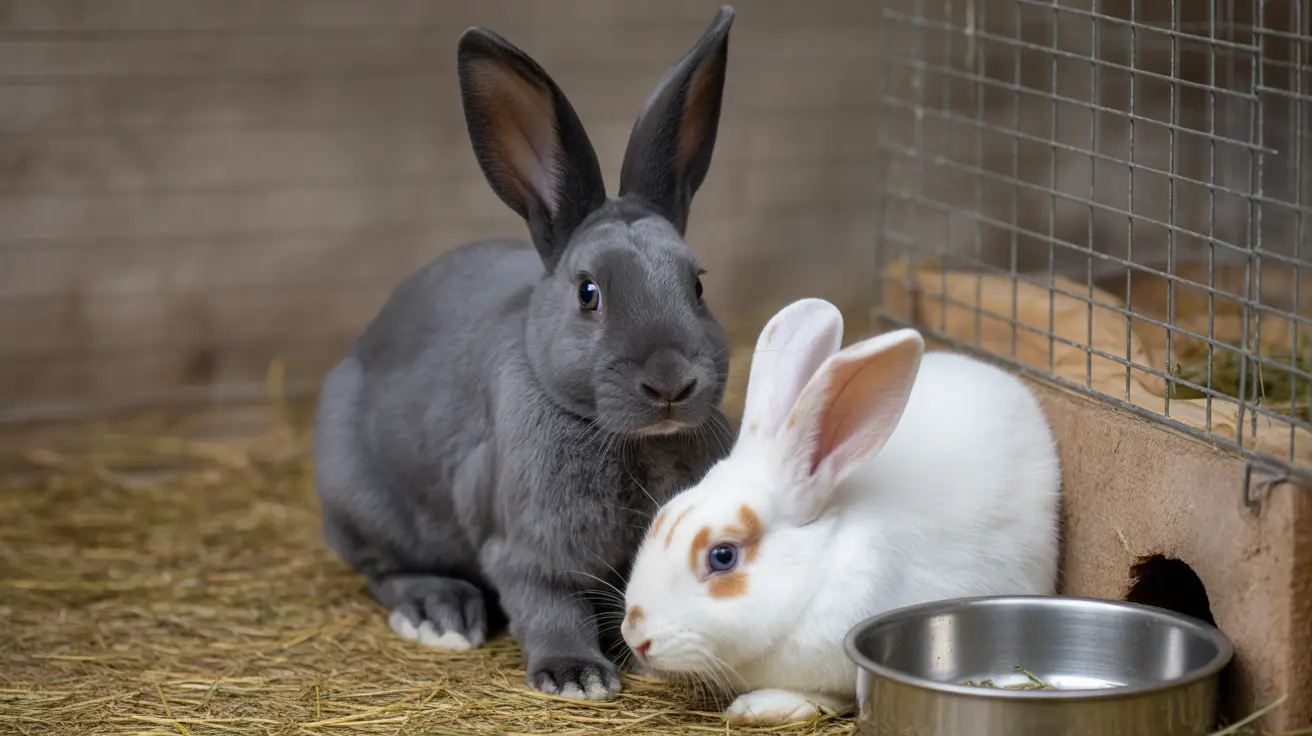Are Caracal Cats Legal in the US? Everything You Need to Know
Caracals, the striking wild cats native to Africa and parts of Asia, have become increasingly popular as exotic pets. With their tall tufted ears, sleek bodies, and wild appearance, many people are drawn to the idea of owning a caracal cat. However, their legal status across the United States can be confusing and highly variable. To help prospective exotic pet owners, here is a detailed breakdown of the laws, risks, and responsibilities surrounding the ownership of caracal cats in the U.S.
Understanding Caracal Cats
- Scientific Name: Caracal caracal
- Natural Habitat: Africa, the Middle East, Central Asia, and India
- Average Lifespan in Captivity: 15–20 years
- Size: 35–40 pounds on average
Caracals are known for their agility, independence, and curious nature. Though small compared to lions or leopards, they are still wild animals and not domesticated like house cats.
The Legal Status of Caracals in the United States
A major challenge for potential owners is determining whether it’s even legal to keep a caracal. Exotic animal laws are not uniform across the U.S., and they can vary widely not just from state to state but even county to county.
States Where Caracals Are Generally Legal:
- Alabama
- Nevada
- North Carolina
- Wisconsin
These states typically have no overarching bans on exotic felines, though permits or facility inspections may still be required.
States That Regulate Caracal Ownership:
- Texas – Requires a permit and adherence to local rules
- Florida – Allows with Class II wildlife permit
- Arizona – Permits may be required depending on county
States Where Caracals Are Largely Prohibited:
- California
- New York
- Hawaii
- Oregon
In these states, laws often ban any exotic feline that is not domesticated, which includes caracals, servals, and similar species.
Licensing and Regulatory Requirements
Even in states where caracal ownership is allowed, owners are typically required to fulfill specific requirements:
- Special Permits: Issued by wildlife or agricultural departments
- Facility Standards: Secure enclosures, proper sanitation, and enrichment
- Insurance: Some states require liability insurance
- Veterinary Care: Access to a vet qualified in exotic pets
Failure to comply with these conditions can result in fines, confiscation of the pet, or even criminal charges.
Ethical and Practical Considerations
Before deciding to own a caracal, individuals should consider ethical and practical aspects:
- Behavior: Caracals are unpredictable and may show aggression, especially when matured.
- Diet: Requires a diet rich in raw meat and supplements, which can be expensive and challenging to manage.
- Veterinary Access: Not all vets are trained to treat exotic cats.
- Escape Risks: If not properly secured, caracals can escape and pose a threat to local wildlife and pets.
Is a Caracal the Right Pet for You?
Pet ownership should never be taken lightly—especially when the animal in question is a wild cat. Even where legal, caracals require a level of expertise, commitment, and financial investment that far surpasses traditional pets. Individuals should consider:
- Whether their property has the space and security to house a caracal
- Long-term commitment, as caracals may live up to 20 years
- Costs for food, veterinary care, and habitat enrichment
- Potential legal changes that could outlaw ownership in the future
Conclusion
Owning a caracal cat is a serious undertaking and cannot be approached like traditional pet adoption. While legal in some states, ownership is heavily regulated in others and outright banned in a few. If you are considering a caracal as a pet, it is absolutely essential to check your state and local laws, apply for any necessary permits, and ensure you can provide a suitable and humane environment for the animal.
Always remember that beyond legality, ethics and animal welfare should be a top priority for any potential exotic pet owner.





